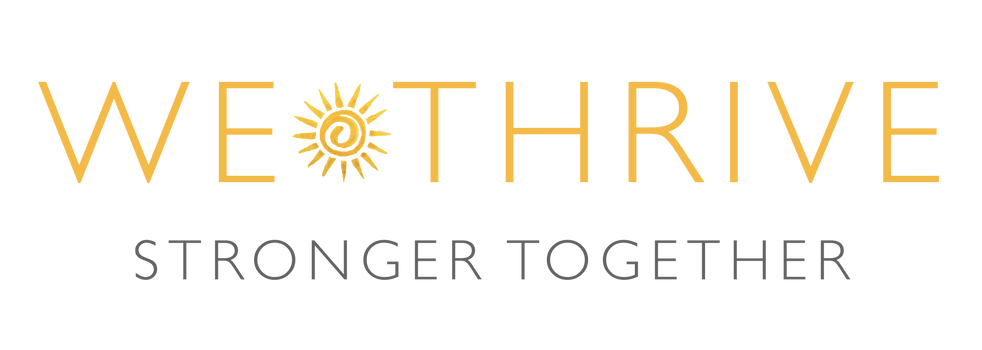Key points for parents on ADHD from Fintan 0’Regan
Many of us listened to Fintan O’Regan’s highly informative talk last month, packed full of information and understanding about ADHD. Luckily we have a recording that we can all keep and use to support us and to help to reinforce us when we feel that the ship feels particularly unsteady. Here we are going to just annotate some of the key points that stood out for us in parenting a young person with ADHD (and possibly managing it in ourselves too)
Fintan’s overall message was clear – how we view and therefore react/respond to our children and their behaviour makes a significant impact. Focus as much as possible on the good stuff – work with their strengths.
-
Put on your own oxygen mask first! Manage our own moods is the key first step. Look after ourselves and recognize that whilst it’s tough, we need to honour and guard our own well-being and that of other members of the family.
-
Managing our own mood can also significantly help to reduce anxiety/keep things in perspective/reduce defiance.
-
Be the North Pole to their South Pole – if anger meets anger there is an explosion, likewise inflexibility meeting inflexibility. ‘Never joust with a jouster.’
-
Don’t take anything personally – beneath the behaviour is someone who is stressed and struggling.
-
Structure is vital & promotes safety and certainty – ‘the ones that fight structure the most are the ones who need it the most.’ Setting our ‘non-negotiables’ is an essential first ingredient to establish safety and certainty. Three or four, no more, make them black and white eg no shoes in house, plates in dishwasher after meals, food remains downstairs, no phones at mealtimes, no verbal or physical abuse. Then other rules can carry some degree of flexibility – recognize when some things aren’t ‘crimes against humanity.’ These children need to know 3 things: Who is in charge. What are the rules. How are they enforced. Keep it short. Keep it clear. Be consistent. It’s not the severity, it’s the certainty.
-
Prioritise rapport, connection – it may be that it is not us (parents) who can always do this, but there is likely someone else they may connect with – a coach, another family member, a family friend, a teacher – who can connect with and understand your child.
-
Your typical 13 year old with ADHD will have the concentration and impulse control of a 10/11 year old but the ‘patter’ (chat, talkback) of a 17 year old. There is inconsistency and this often means that they get on better with others who are younger or older than they are, rather than peers of the same age.
-
Three key traits of ADHD are hyper focus, emotional hyperarousal, rejection sensitive dysphoria – the last two often exacerbated by seeming OK on the surface but paddling seriously hard underneath and feeling that they keep getting things wrong
-
They need good ‘gangs’ otherwise they will try to find less helpful ones – so this could be a sports club, a band, a theatre group. Find what they are good at and enjoy and really run with it.
-
Medication can be really helpful as part of the treatment/support plan. Finding the right medication and dose (and it can take time) can help to raise self esteem, improve focus and concentration, and can often help to stave off self medicating with alcohol or drugs to feel better/escape.
-
And remember that while it’s tough for us, it’s tough for them too and as much as possible remind them that we are on their side, we’re on the same team!
Thank you Fintan for giving us so much useful information and helping to prop us up in supporting our kids. If you would like to learn more about Fintan’s work please go to www.fintanoregan.com

Mark Lockwood talk
We also heard from Mark Lockwood, specialist in addiction psychology, this month and director of the Center for Healing and Life Transformation in Plettenberg Bay, www.healingandlifetransformation.com
Mark and his team have recently launched a new Extended Care programme for 16-24 year olds, called Mastery Youth Program. This is for those who are experiencing ‘failure to launch, social anxiety, depression, addictions, eating disorders, mental health.’
‘The Extended Care Program Work consists of 10 easy to navigate modules where we train young minds to first let go of the Masks and Shadows (character defects), that most commonly block us all. At the same time being provided a way to recover successfully from each of these pitfalls and develop strength in these areas.’
During the talk Mark responded to questions about why our children seem to be suffering more than before. He spoke alot about the pace of our lives now, how the human brain is just not wired to work at the pace and with the flood of information that we are all faced with day to day. If parents are confused, then of course our children are going to be confused. We all feel confused, with so many varied and often conflicting sources of information being filtered through to us on every aspect of how we live our lives. As the mind speeds up, we just go round and round and often it creates a cycle of fear and desperation and MORE confusion.
Principle message is that when we as parents can learn to ground and calm ourselves more, we convey this energy to our children. If we can slow down, then they have an avenue to do this too.
The other wonderful message was that it is normal for our young people to move through the process of order as a child, to disorder through adolescence so that they can then grow and RE-ORDER to become adults. For some this is bumpier and rockier than for others. If we, as parents, can begin to see it this way, rather than as a total breakdown – more of a way of breaking THROUGH – then we create the foundation for hope and renewal.
Mark reminded us that suffering is part of life and necessary for learning, for understanding joy, for finding our way. In this way we can feel more settled with it and see it as fundamental and not as something to run from, but as a messenger.
And finally, when asked how we can best support our children when they feel they are in crisis, he spoke of Carl Roger’s Unconditional Positive Regard meaning ‘showing complete support for someone, expressing empathy, support, and acceptance to someone, regardless of what they say or do.’
This can be confused with supporting unhelpful or unacceptable behaviours which is not the case. We show this support and empathy by seeing our children’s struggle and letting them know that we are always here to support them when they are striving to be well, to make good choices for themselves. Conversely that we cannot endorse behaviours that are destructive to themselves and to others, that we see this is a sign of their struggle and that when they are happy to receive help we are always there.
Huge thanks to Mark for his encouragement and sharing his valuable learning and years of experience with us.
June Talk
Wednesday 14th May, 6.30pm UK time
Lies Dekeyser, family therapist, will talk to us about
COMMUNICATING WITH OUR CHILDREN IN RECOVERY
How do you connect with them as a parent, set your boundaries, communicate worries and still remain emotionally available
Lies Dekeyser (born in 1975) graduated as an Orthopedagogue and has been working with young people for many years. In addition, Lies has personal experience with addiction and is a skilled professional specialized in codependency and family systems surrounding adolescents with addiction or behavioral difficulties. Lies is also a NARM practitioner focused on relational/developmental trauma and has been working as a family therapist at Yes We Can Youth clinic for several years.
Copyright © 2023 WE THRIVE, All rights reserved.

